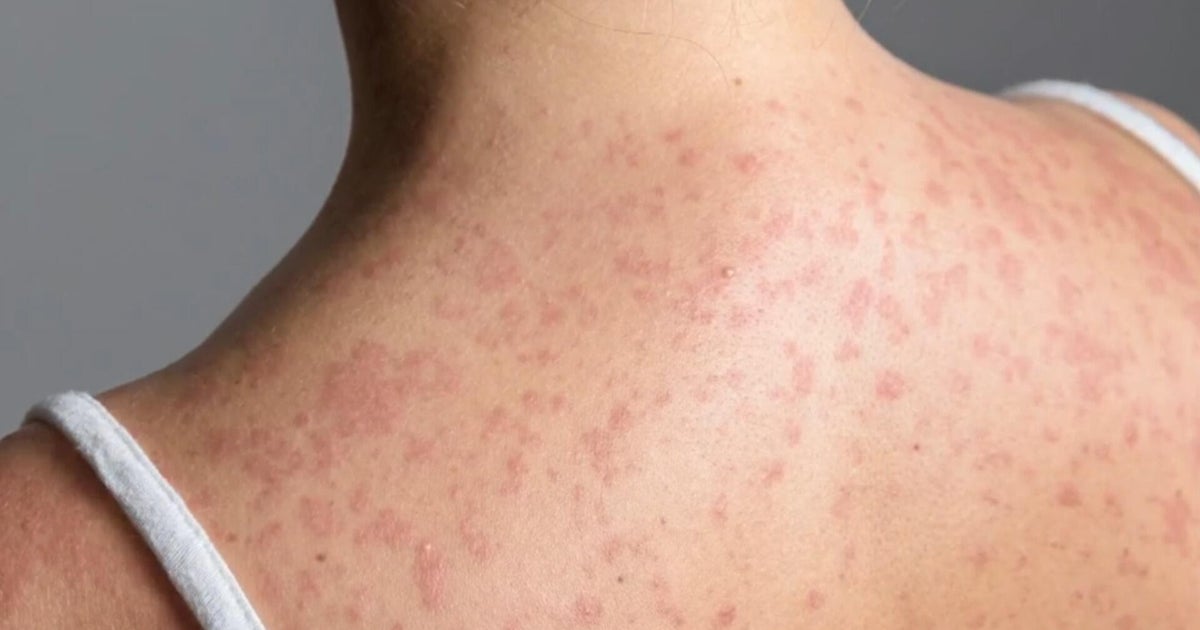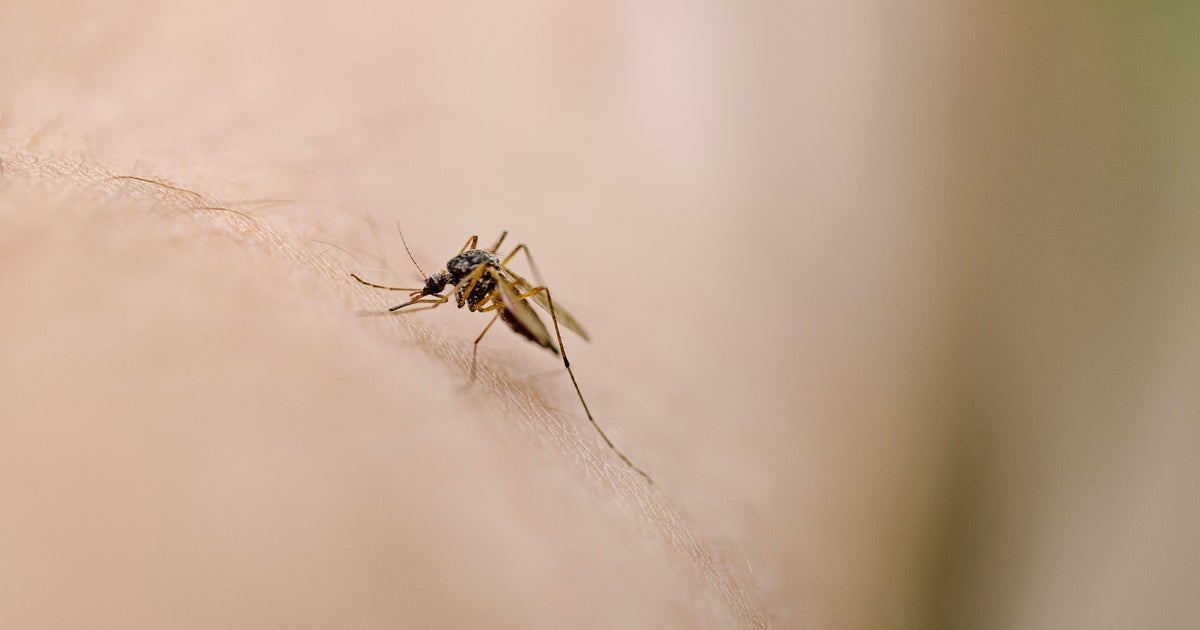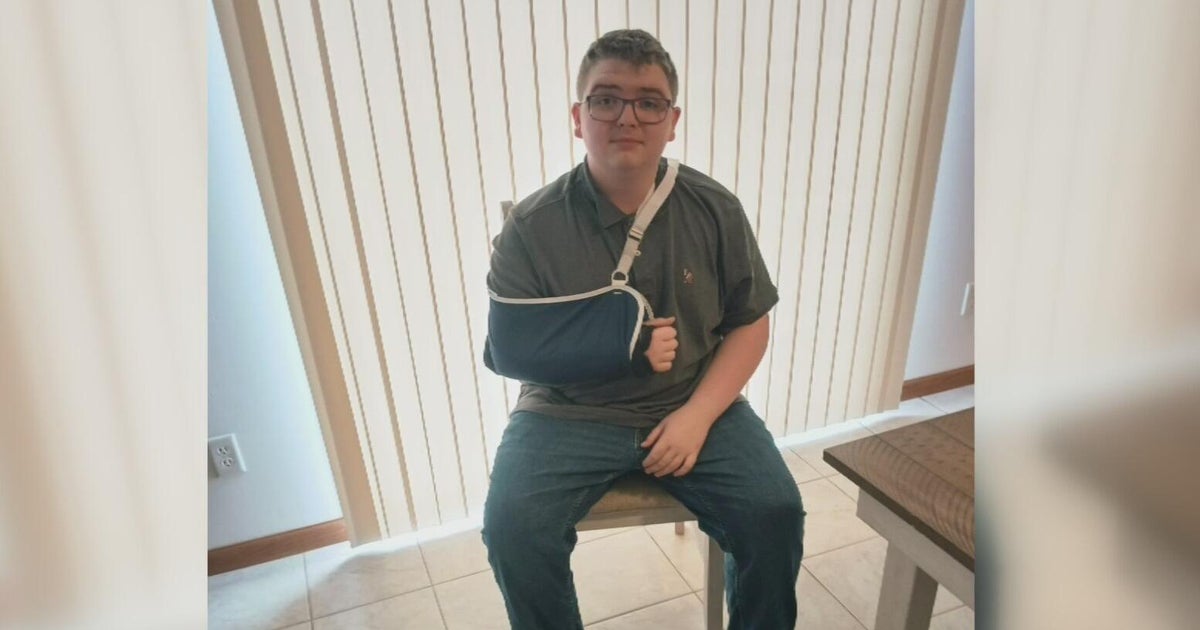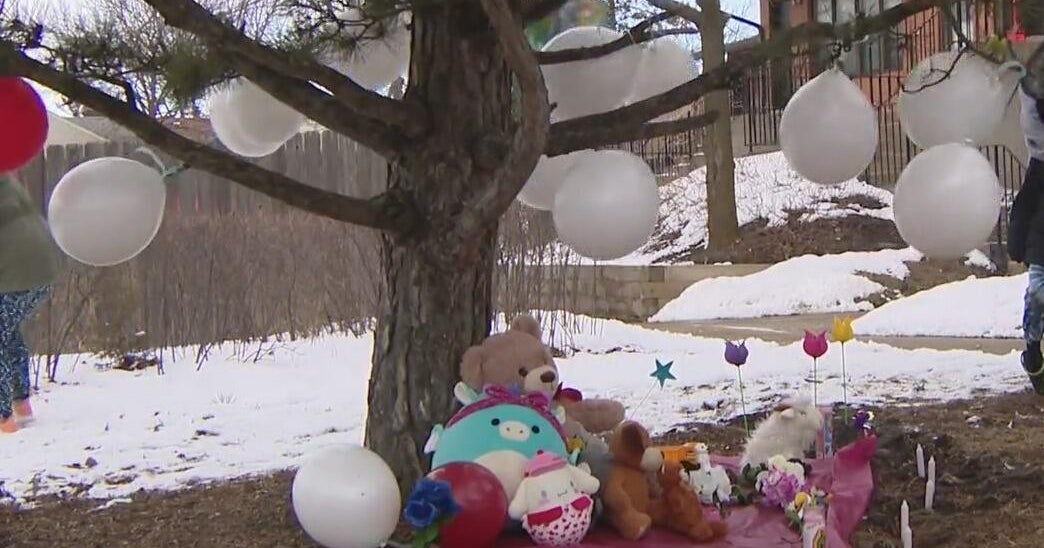What You Need To Know To Protect You & Your Kids From The Flu
NEW YORK (CBSNewYork) -- Officials on Tuesday said a 7-year-old boy in Virginia died from flu-related symptoms, raising the nationwide pediatric death toll to 38 this season.
With concerns running high, experts say it isn't too late for you or your child to get a flu vaccine. The Centers for Disease Control says that 80 to 85 percent of pediatric flu deaths in previous years were in children who weren't vaccinated.
Even though the pediatric toll is higher than last year at this time, CBS2's Dr. Max Gomez reports it's most likely higher because of a lag in reporting.
"If you look back over the last five years, if your sort of scan back that time frame you know what we're seeing is a number of pediatric flu deaths that are kind of on par with what we've seen on average over the last five years," Dr. Michael Phillips, chief epidemiologist from NYU Langone Medical Center said, adding that parents worry about the seeming rapidity that some children have deteriorated with the flu.
He says parents should act quickly if their child exhibits any of several warning signs.
"They stop eating, if they're not urinating as frequently or their urine is very dark, those are signs of dehydration. You should get your child to a doctor quickly," Dr. Phillips said. Additionally, he says if your child is having a tough time eating, is not playful and is being unusually lethargic, or if they're having a difficult time breathing it may be time to seek help.
In an effort to try and slow the spread of the flu, may schools are closing and trying to fumigate classrooms. Dr. Phillips says that's futile, since it's nearly impossible to disinfect every surface that a child or adult may have coughed or sneezed on, and that a person might then touch. Plus, the flu virus can only survive about 24 hours on a hard surface.
The best way to prevent infection other than the vaccine is frequent hand washing or use of alcohol sanitizer. Then, try to avoid touching your face, something most of us do at least 15 times an hour.
Also, do your part by covering your sneeze or cough so you don't get others sick. Slow motion video of sneezes show that you can spread germs as far as 30 feet with a powerful sneeze.
Experts say the vaccine has been only 10 percent effective this season, based on Australia where the vaccine wasn't a good match for the H3N2 strain that circulated around the United States.
In the US, the CDC says the vaccine has been roughly 40 percent effective.







